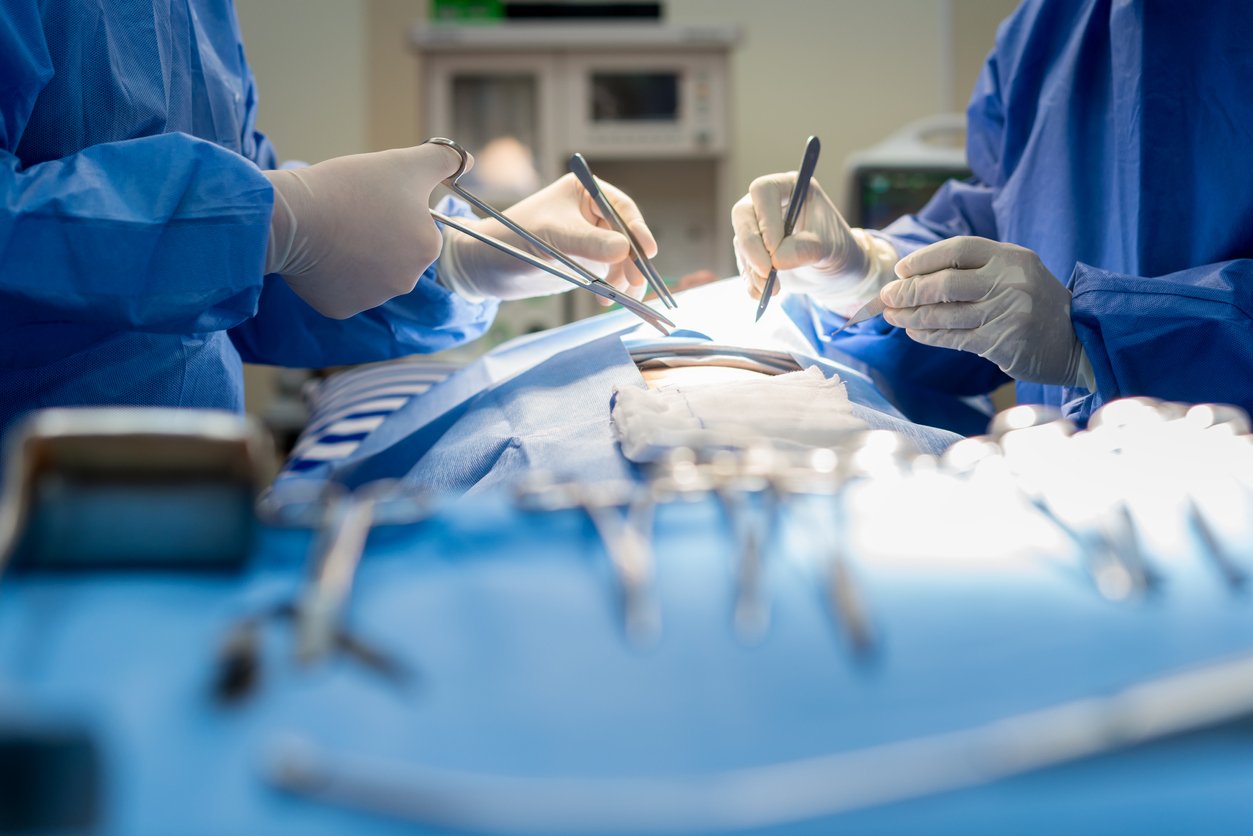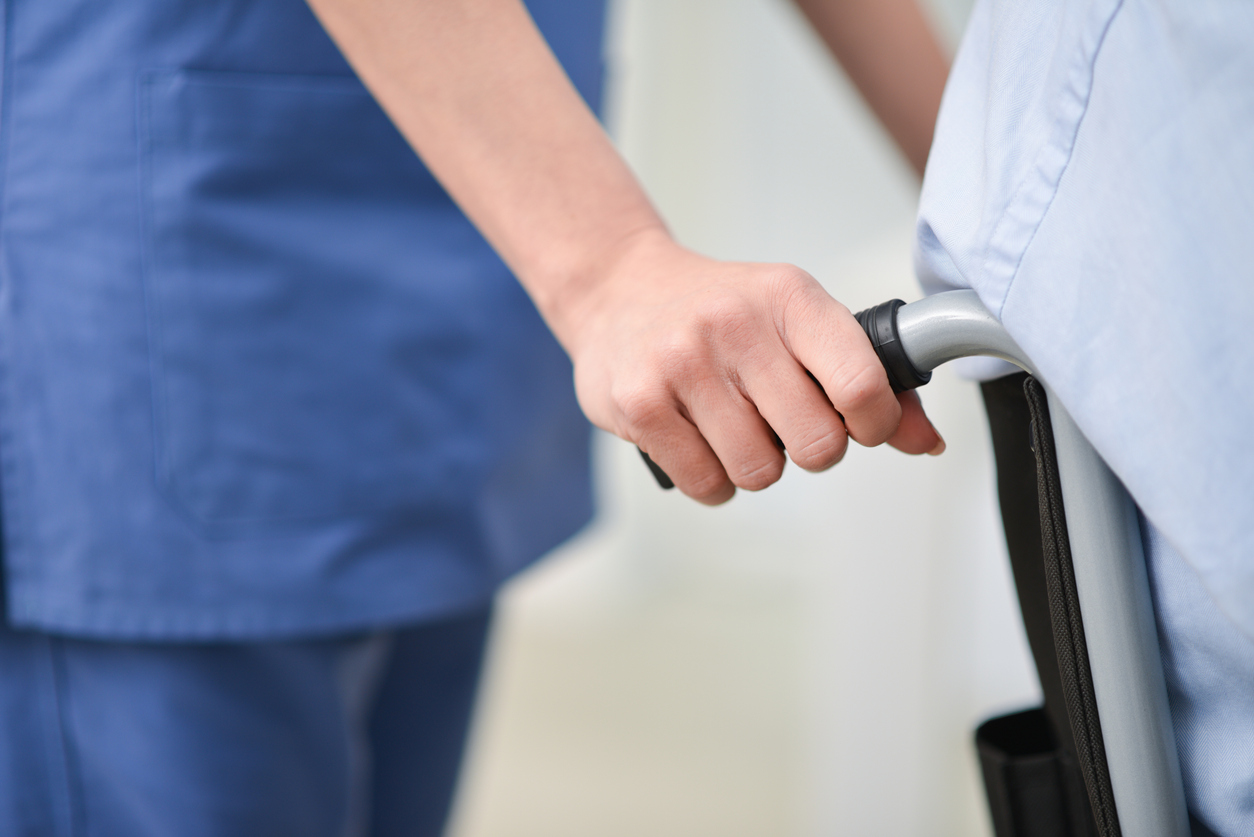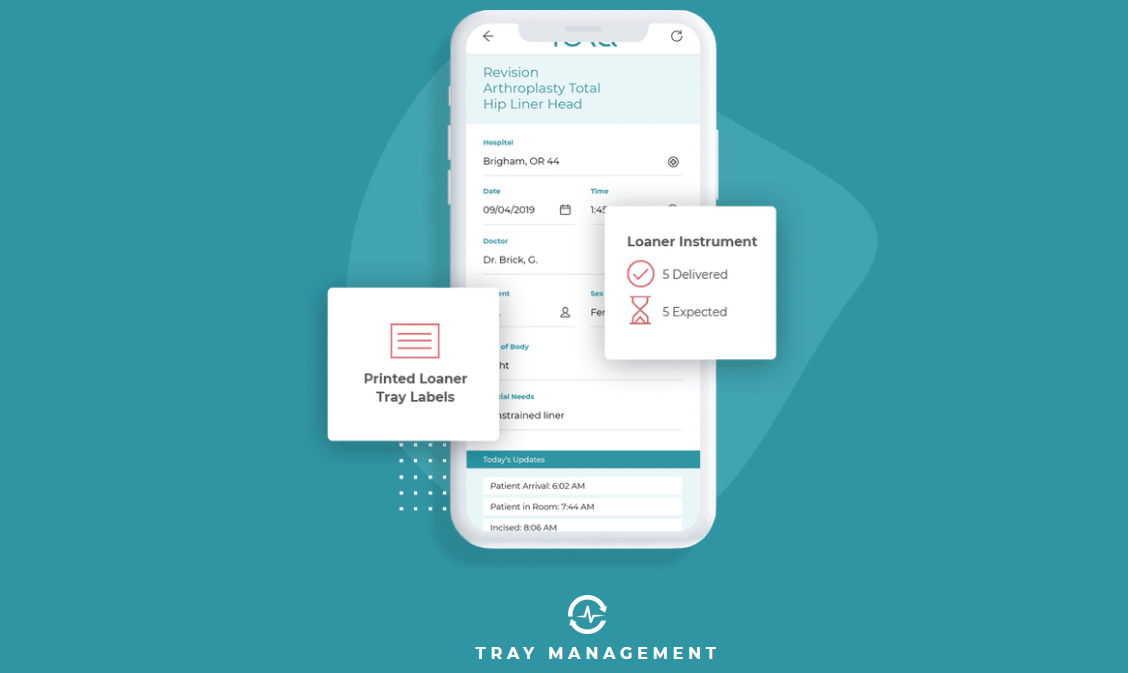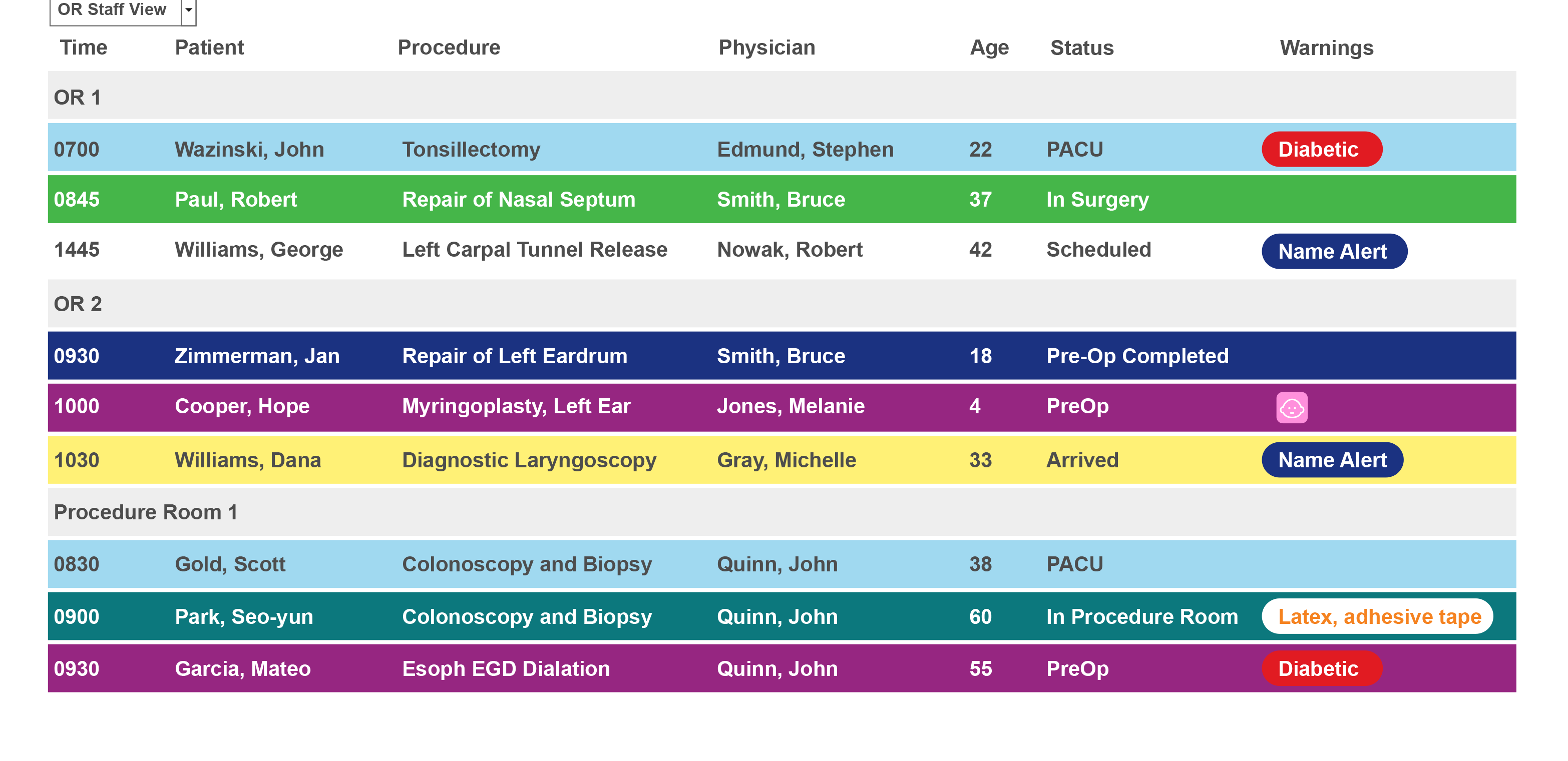Outpatient total joint replacements are becoming more and more attractive to patients. Particularly in a post-COVID-19 world, patients are attracted to the idea of at-home recovery and a shorter length-of-stay in the acute setting. As demand rises, outpatient joint replacements are expected to increase by nearly 80% over the next few years. Your ASC can meet this increasing demand by optimizing and implementing best practices now for total joint surgery.
Want to stay in the know on the latest ASC tips and topics?
Recent Posts
Looking for Something?
Categories
- ASC (82)
- ambulatory surgery center (82)
- video (36)
- nurse guide (29)
- patient communication (27)
- patient satisfaction (27)
- covid19 (26)
- surgical facility (25)
- business and finance (22)
- technology (22)
- patient engagement (19)
- ambulatory software (18)
- pre-admissions (16)
- Case Study (14)
- ambulatory surgery center software (11)
- outpatient surgery (11)
- culture of safety (10)
- complex cases (8)
- or volume (8)
- administrator (7)
- employee satisfaction (7)
- infection control (7)
- outpatient surgery software (7)
- risk management (7)
- solutions (7)
- cardiac (6)
- disinfect (6)
- patient tracking (6)
- postop (6)
- total joint (6)
- document management (5)
- implementation (5)
- patient survey (5)
- surgery scheduling (5)
- ASC Everyday Heroes (4)
- hiring (4)
- job security (4)
- payment plan (4)
- preop (4)
- scheduling (4)
- security (4)
- surgery center (4)
- women in healthcare (4)
- ASC booking (3)
- CMS (3)
- CMS requirements (3)
- Derek's Corner (3)
- best practices (3)
- data integration (3)
- everyday heroes (3)
- outpatient surgery center (3)
- patient registration (3)
- preop nurse (3)
- revenue (3)
- senior patients (3)
- specialty procedures (3)
- texting (3)
- vendor management (3)
- ASC quality reporting (2)
- Accreditation (2)
- GI (2)
- ambulatory surgery center surveys (2)
- burnout (2)
- cancellations (2)
- clinical (2)
- cost (2)
- digital chart storage (2)
- healthcare consumerism (2)
- hygiene (2)
- new hire (2)
- patient charts (2)
- patient risk (2)
- payments (2)
- screening (2)
- sleep study (2)
- time management (2)
- 2021 (1)
- 4 tips (1)
- Accredited (1)
- Billing (1)
- ERAS (1)
- One Mnet Health (1)
- SaaS (1)
- capnography (1)
- certfication (1)
- colonoscopy (1)
- conscious sedation (1)
- corona virus (1)
- customer spotlight (1)
- diagnosis (1)
- elderly patients (1)
- endo (1)
- intubation (1)
- laryngoscopy (1)
- marketing (1)
- obesity (1)
- online pre-admissions (1)
- outsourcing (1)
- patient (1)
- patient finance (1)
- patient satifaction (1)
- payment (1)
- personalized care (1)
- physician offices (1)
- pricing (1)
- recovery (1)
- sleep apnea (1)
- staff burden (1)
- staffing shortage (1)
- surgery center management software (1)
- top 12 (1)
- vendor communication (1)
- vendors (1)
With rapidly-changing healthcare regulations, ASCs must consider how to deliver high-quality care while pivoting to meet the demands of changing legal and safety requirements. At the same time, patients want more information and they want it to be easily accessible.
One of the top questions regarding ambulatory surgery software is data privacy and security. With just one click, cybercriminals can gain access to a network of data. If this happens at your ASC, the results can be devastating.
Over 250 ambulatory surgery centers in the U.S. offer outpatient total joint replacements. With costs for ASC joint replacements at 40% less than the cost of inpatient replacements, more and more ASCs have adopted the procedure in recent years.
A surgical protocol called Enhanced Recovery After Surgery (ERAS) has been shown to significantly improve patient satisfaction and outcomes. The protocol focuses on a few key strategies outlined in this article. Overhauling processes to ERAS compliance is a huge undertaking. However, there are some concepts in ERAS that every ASC can start using right away to increase patient satisfaction and improve outcomes.
One Medical Passport is pleased to announce the first round of their new initiative to help celebrate the unrecognized heroes in outpatient surgery: The Ambulatory Surgery Everyday Heroes Program. In every Ambulatory Surgery Center, there are workers who go above and beyond, and truly make an impact on people's lives. One Medical Passport’s clinical-based team understands that the hard work and sacrifices of many ASC staff often goes unnoticed due to the fast-paced, stressful environment of an ASC. The Ambulatory Surgery Everyday Heroes Program was created to recognize, celebrate, and reward these remarkable ASC professionals.
Running a surgery center requires a range of equipment. In most cases, ASCs can’t afford to purchase every instrument needed for a wide range of procedures. Coupled with a lack of storage space, most ASCs opt to use at least some loaner equipment. While this strategy can save a significant amount of money, it requires a high level of organization. Here’s what your ASC can do to improve your vendor management systems.
Let's face it- staff at ambulatory surgery centers often haven't been trained in marketing their facility. They're medical professionals, not marketing gurus! Every facility wants a full OR to bring in as much revenue and as many patients as possible, but it's tricky to do this without insight on marketing. Our very own Marketing Director, Melissa Gall, outlined a few steps to follow to better market your facility and keep your OR full.
What exactly are Patient Tracking Boards? What makes them so crucial to have in my facility?
As your ASC resumes surgeries, patients and staff members alike will likely have many questions about infection prevention and new safety measures. And to increase your culture of safety, reassuring and communicating with your employees and patients is crucial.











